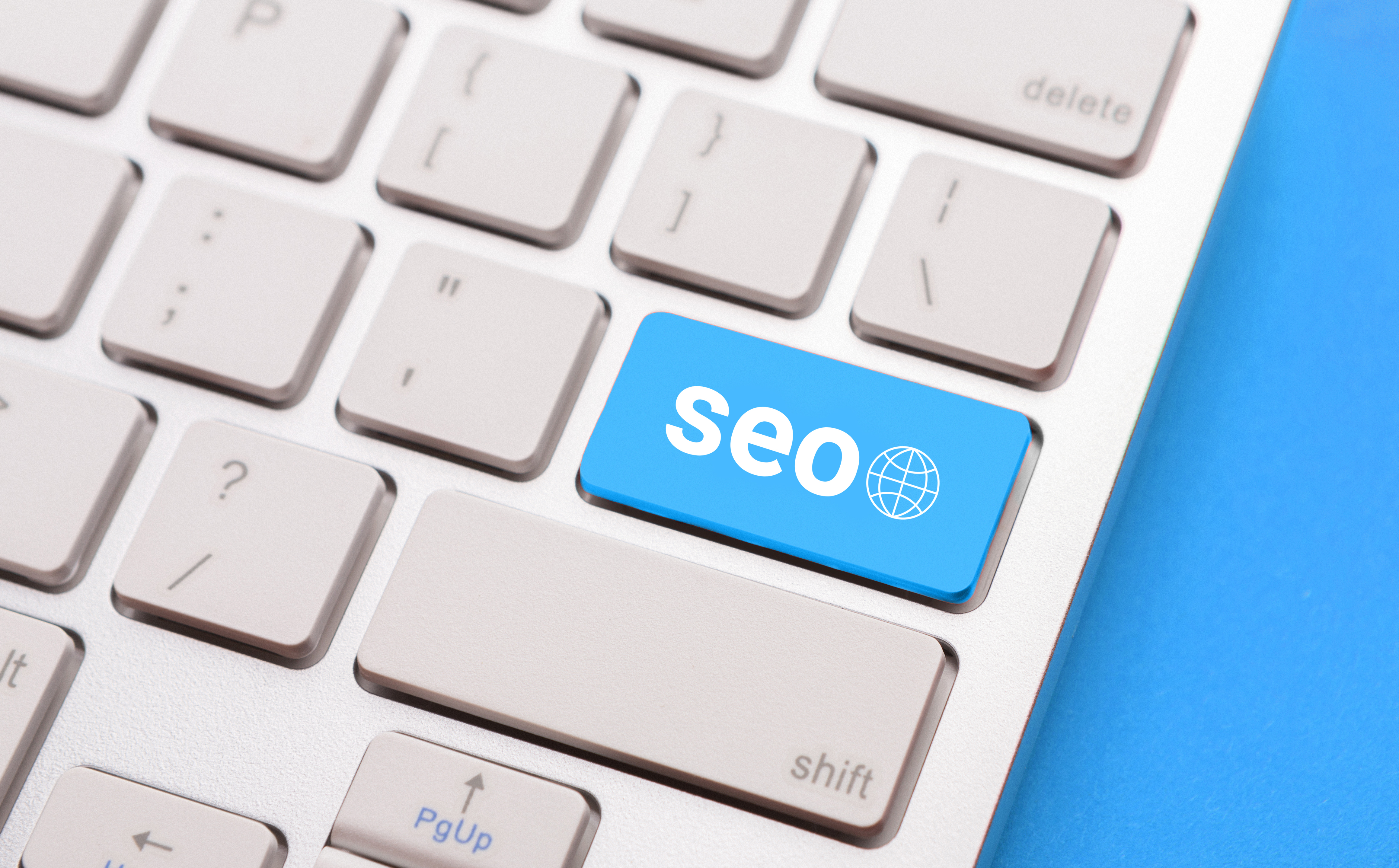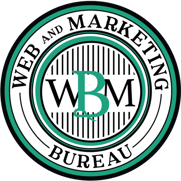
How to Utilize SEO For Your Business
Tired of spending money on ad posts? SEO is a well-thought-out strategy you can use to drive organic traffic to your website. For those unfamiliar with what organic traffic is, it simply means any traffic that goes to your site without the help of paid ads.
People who organically find your website and are interacting with it on their own accord. This is good for you and your business as you want people to naturally gravitate towards your website and what it can offer them.
Now let’s focus on SEO. This term gets thrown around a lot when discussing anything online. But not everybody knows what it means, so we’re going to discuss that as well as how you should be utilizing this to help your business thrive in the digital age.
What is SEO?
Search Engine Optimization (SEO) is used when ranking how high or low your website will place on search engines. You want your website to be SEO friendly, so when people are searching for things, your website will rank high on their results page.
Let’s be real, if we can’t find an answer to the question or whatever it is we’re searching for right away, we don’t waste any more time trying to scroll through the countless pages on Google.
That’s why you need to use SEO because the high you rank on search engines, the more traffic is directed towards your site. That means more $$ for you!
How to Utilize SEO
Keywords
There are many factors to keep in mind when thinking about utilizing SEO. One of the important factors is using keywords. Keywords are the words that define your content. These are the words that continuously pop up in your content.
For example, if you wrote a blog about vacation destinations in your town, you are going to want to make sure those keywords are your hometown and vacation spots. That way, when someone is trying to find cool things to do in your hometown, your website will rank high, meaning they’ll click on your website instead of the competition.
Meta Description
The meta description is the little preview of text that you create, talking about a topic at hand. This is the preview text that shows up underneath your title when in search engines.
Why is this important you may ask? Well, this helps search engines pull any words that are related to what the consumer searched for, so it knows how to accurately rank different websites.
Pictures
A picture is worth a thousand words, and in this case, it’ll help you attract more traffic your way! People like looking at pictures, not only does it make your website look more visually pleasing, but it helps break up the text.
That way, the consumer doesn’t feel bogged down with too much text. Nobody wants to feel like they’re looking at an academic article all the time! Just make sure that you aren’t just using random images, and that the images you choose relate to the text in some way.
Slug
Nope, we aren’t talking about the creature! The slug in relation to SEO is the part of your URL that relates to the specific content on your website. It’s also important to include your keyword in your slug.
Make sure people know what to expect on the page through your slug. To go off of the previous hometown vacation example, try having your slug be something like: www.vacationdestinations.com/hometown-vacation.
This utilizes just two of the important keywords we used on that page. This way, when the consumer sees this pop-up, they know that they’ll be looking at a hometown vacation.
Links
Having links on your page is a great way to boost traffic and rank high on search engines. There are two types of links that you need to use for your pages.
The first type of link is outbound links. These are the links that take the consumer to an entirely different webpage. This could be used if you’re sitting a source for a blog and want to include a link to the original information for the consumer to check out later.
Inbound links are the next type of link. These links are links that go from one of your pages to another. Inbound links are great because they can decrease your bounce rate and boost engagement on your website since they never leave your page. To read more about links, check out our, "Why You Need to Use Backlinks" article to learn more.
Length
Now before this post itself gets too lengthy, let’s talk about the length of your content. For SEO purposes, you don’t want any of your content to be under 300 words. That’s the absolute minimum you should do. There needs to be enough content for the search engines to accurately rank and suggest your work to consumers.
Apply it to Your Business
Now that you’ve learned some factors on how to utilize SEO for your business, go right on and apply it! It’ll help put your business on the page for more people to see and interact with. More business and traffic to your site means more profit for you, so what are you waiting for?

